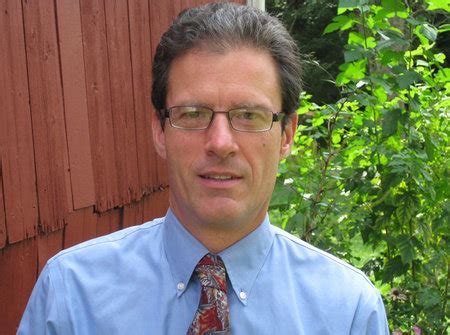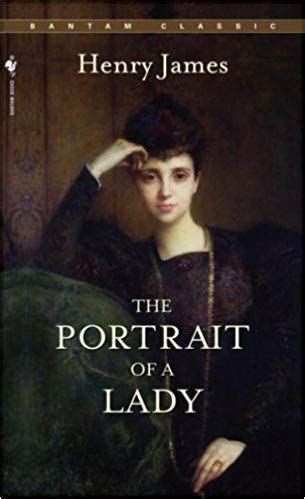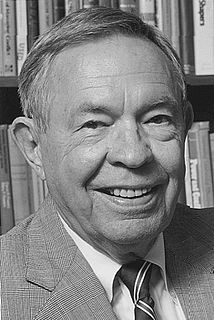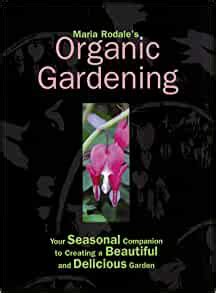A Quote by John Burnside
The conventional, and painfully artificial, separation of the human realm from the natural other is bound to perish, albeit over a period of time, until we are obliged to learn how to cultivate our gardens under the most demanding conditions.
Related Quotes
We hear from time to time about horrible human rights atrocities happening around the globe. Our government claims that it stands in favor of human rights, and our leaders are in the news demanding consequences for other countries that are abusing their populations. But there is a huge denial about how widespread and common these kinds of atrocities are in the United States, and that we are not nearly as different from other countries as we would like to believe we are.
If, however, one factor is too successful, it will continue to be the winning factor regardless of the variation in the other factors over the range of variation in the conditions, and therefore will stifle the development of other advantageous factors until the conditions change sufficiently that it no longer is the winning factor. At this point, the whole population is ill prepared for the change, and may well perish entirely if the winning factor accidentally becomes the matching factor for a disease or a predator.
Beliefs create behaviors, and the dysfunctional behaviors of the human race, observable everywhere every day, are the product of our non-workable beliefs. Chief among these is the belief in separation, which has arisen out of our ancient Separation Theologies. This is a way of looking at God that insists that we are "over here" and God is "over there."
Most parents hate to experience conflict, are deeply troubled when it occurs, and are quite confused about how to handle it constructively. Actually, it would be a rare relationship if over a period of time one person's needs did not conflict with the other's. When any two people (or groups) coexist, conflict is bound to occur just because people are different, think differently, have different needs and wants that sometimes do not match.
Does the unmistakeable intent of Versailles to proclaim dominion over nature destroy its aesthetic appeal, as Schopenhauer thought? Does the greenness of the lawn lose its allure when we learn how much water, sorely needed elsewhere, it uses? And historical shifts in garden taste - from formal, 'French' gardens to 'Capability' Brown's landscapes, for instance, or from the elaborate gardens of imperial Kyoto to Zen 'dry' gardens - register important changes in philosophical or religious attitudes.
Organic is something we can all partake of and benefit from. When we demand organic, we are demanding poison-free food. We are demanding clean air. We are demanding pure, fresh water. We are demanding soil that is free to do its job and seeds that are free of toxins. We are demanding that our children be protected from harm. We all need to bite the bullet and do what needs to be done—buy organic whenever we can, insist on organic, fight for organic and work to make it the norm. We must make organic the conventional choice and not the exception available only to the rich and educated.
As a teacher and parent, I've had a very personal interest in seeking new ways of teaching. Like most other teachers and parents, I've been well aware painfully so, at times that the whole teaching/learning process is extraordinarily imprecise, most of the time a hit-and-miss operation. Students may not learn what we think we are teaching them and what they learn may not be what we intended to teach them at all.
All men and women are born, live, suffer and die; what distinguishes us one from another is our dreams, whether they be dreams about worldly or unworldly things, and what we do to make them come about... We do not choose to be born. We do not choose our parents. We do not choose our historical epoch, the country of our birth, or the immediate circumstances of our upbringing. We do not, most of us, choose to die; nor do we choose the time and conditions of our death. But within this realm of choicelessness, we do choose how we live.
Man is a historical being : The realisations of the powers of human individuals living at any one time takes the cooperation of many generations (or even societies) over a long period of time. By contrast with humankind, every individual animal can and does do what for the most part it might do, or what any other of its kind might or can do that lives at the same time.




































